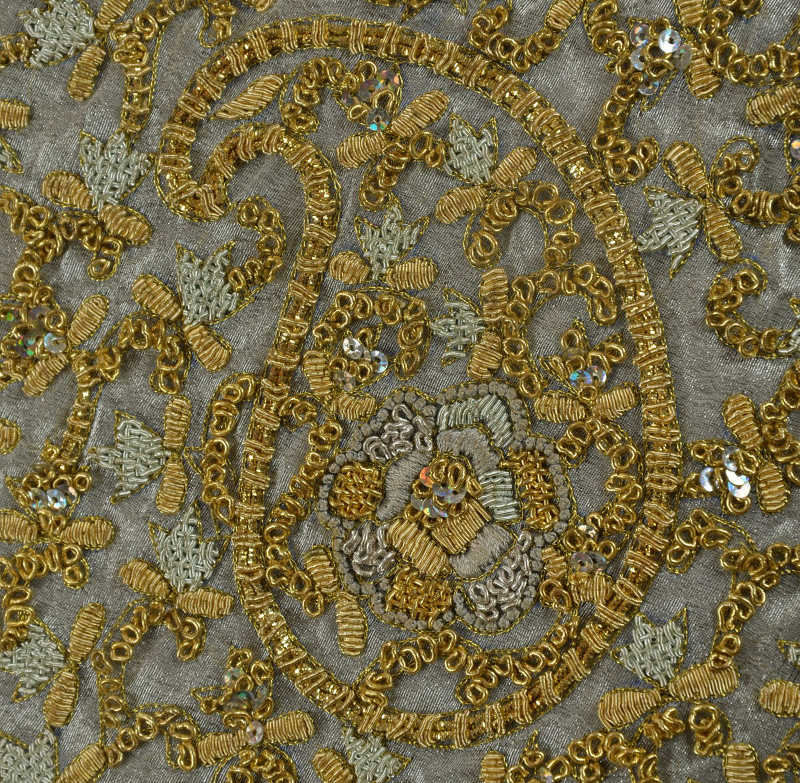===
0938,
1
===

=== |
 |
jahān , or jihān : 'The world; an age; worldly possessions; any sublunary object; leaping, bounding; darting (as lightning)'. (Steingass p.380)
FWP:
SETS == REPETITION
MOTIFS == BONDAGE; LIFE/DEATH
NAMES
TERMS == DISCONNECTED; RHYMEThis ghazal is one of the small minority that have only a rhyme, and no refrain.
The ve log is very striking (ah, like lightning). Which people are those? How and why have they 'greatly leaped'? SRF takes it to refer to people's 'leaping around' and wandering on the surface of the earth, looking for a 'road' that will permit them to escape. But why only a certain group, and what group? And in any case people who are wandering, or searching, don't keep leaping and bounding like rabbits. It seems a remarkably poor description.
From the time when I first looked at the verse, it seemed obvious to me that the 'leaping' referred to death, to the great leap that removes us once and for all from the prison of the world. Since there's no 'road' out of the prison, one can only take a giant leap over the wall, into the unknown. That is what 'those people', the departed ones, have done. Lightning doesn't descend along any predetermined 'road', but leaps instantly and unpredictably all the way from sky to earth. 'Those people' have simply taken the same kind of wild journey in reverse: from 'here' in this world, to an unknown 'freedom' beyond.